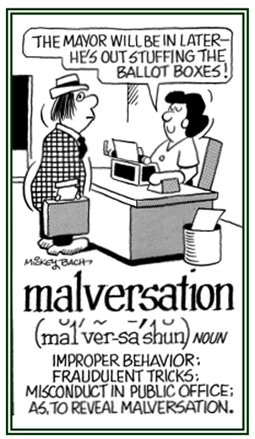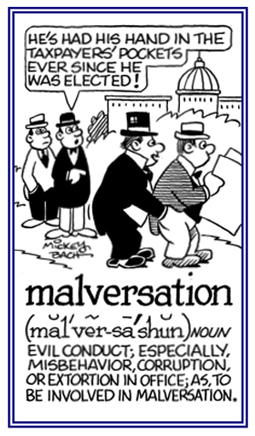-ation, -ization (-iz[e] + -ation); -isation (British spelling variation)
(Greek > Latin: a suffix; action, act, process, state, or condition; or result of doing something)
Although there are over 1,450 word entries ending with -ation or -ization listed in this unit, there are certainly many more which exist in the English language. At any rate, this unit provides a significant number of -ation and -ization examples for you to see.
Usually macular degeneration doesn't cause blindness because only the central area of vision is affected.
Injury that causes macula degeneration usually decreases the ability to see straight ahead clearly and sometimes it makes it difficult to read, to drive, or to perform other daily activities that require good central vision.
Macular degeneration normally affects both eyes, either simultaneously or one eye then the other one later.
2. The amplification or enlargement of an idea, event, etc.: Jack's article for his newspaper included magnifications of the many inconsistencies presented by President Trump during his time in office.
2. A form of tic, in which the hands twitch in a hammering motion against the thighs.
3. Metal which has been wrought, or shaped, with a hammer; also, marked or dented as with a hammer.
The possibilities of malversations can take place in many situations, both privately and publicly.


Go to this Word A Day Revisited Index
so you can see more of Mickey Bach's cartoons.
Eve's voluntary work with the homeless people were a manifestation of her compassionate nature.
2. An indication of the existence, reality, or presence of something: A high fever can be an early manifestation of certain diseases.3. An occurrence in which a ghost or spirit of a dead person appears: Some people had the feeling that there were ghostly manifestations in the graveyard when they walked by it late at night.
2. A shrewd or a devious process to control someone or something in a clever and usually unfair or selfish way to one's personal advantage: Shirley makes shameful manipulations of her parents in order to get what she desires.
2. The act or operation of chewing solid food, breaking it into small pieces, and mixing it with saliva; thus preparing it for deglutition (swallowing), and so making it easier to digest in the stomach.


